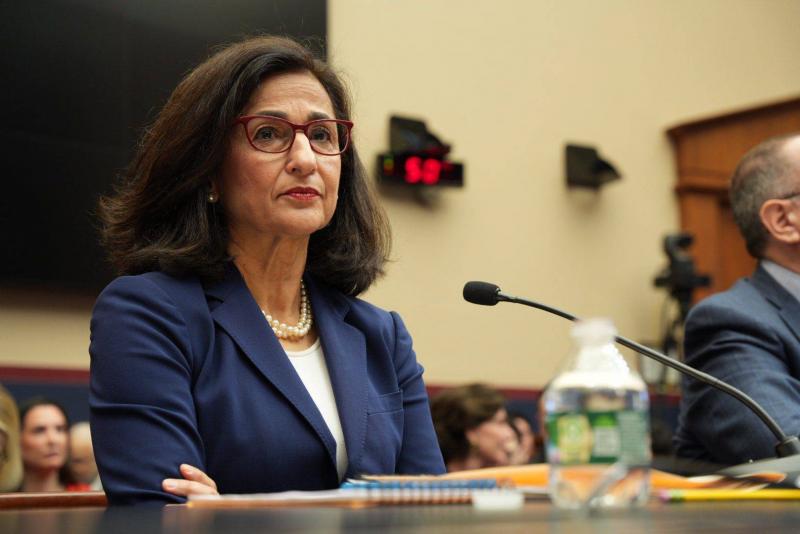Minouche Shafik, the President of Columbia University in the United States, announced her resignation on Wednesday, nearly four months after facing criticism from both pro-Israel and pro-Palestinian sides over the university's handling of campus protests related to the war Israel is waging on Gaza. Shafik stated in an email to staff and students, "It has also been a time of turmoil, as it has been difficult to overcome the divergent views in our community. This period has negatively affected my family, as it has others in our community." She mentioned that her resignation "at this stage would enable Columbia University to better navigate the challenges ahead." She clarified that she announced this so that new leadership could be in place before the start of the new academic term.
The university experienced unrest when demonstrators occupied parts of the campus in Upper Manhattan to protest the civilian deaths in Gaza, resulting in the arrest of hundreds. Protesters condemned Shafik for calling the police to campus to quell the demonstrations, while supporters of Israel criticized her for failing to take sufficient measures to suppress the protests. According to the university's website, Katrina Armstrong, the Executive Vice President for Health and Biomedical Sciences, is scheduled to temporarily take over as president.
Republican Representative Elise Stefanik, who has criticized Shafik and other university leaders during congressional hearings regarding protests linked to Gaza across the country, welcomed her resignation in a post on X, stating that it came "too late" due to her failure to protect Jewish students. Shafik, an economist of Egyptian descent holding British and American citizenship, was previously Deputy Governor of the Bank of England, headed the London School of Economics, and served as Deputy Managing Director of the International Monetary Fund. She became the 20th president of Columbia University in 2023.




